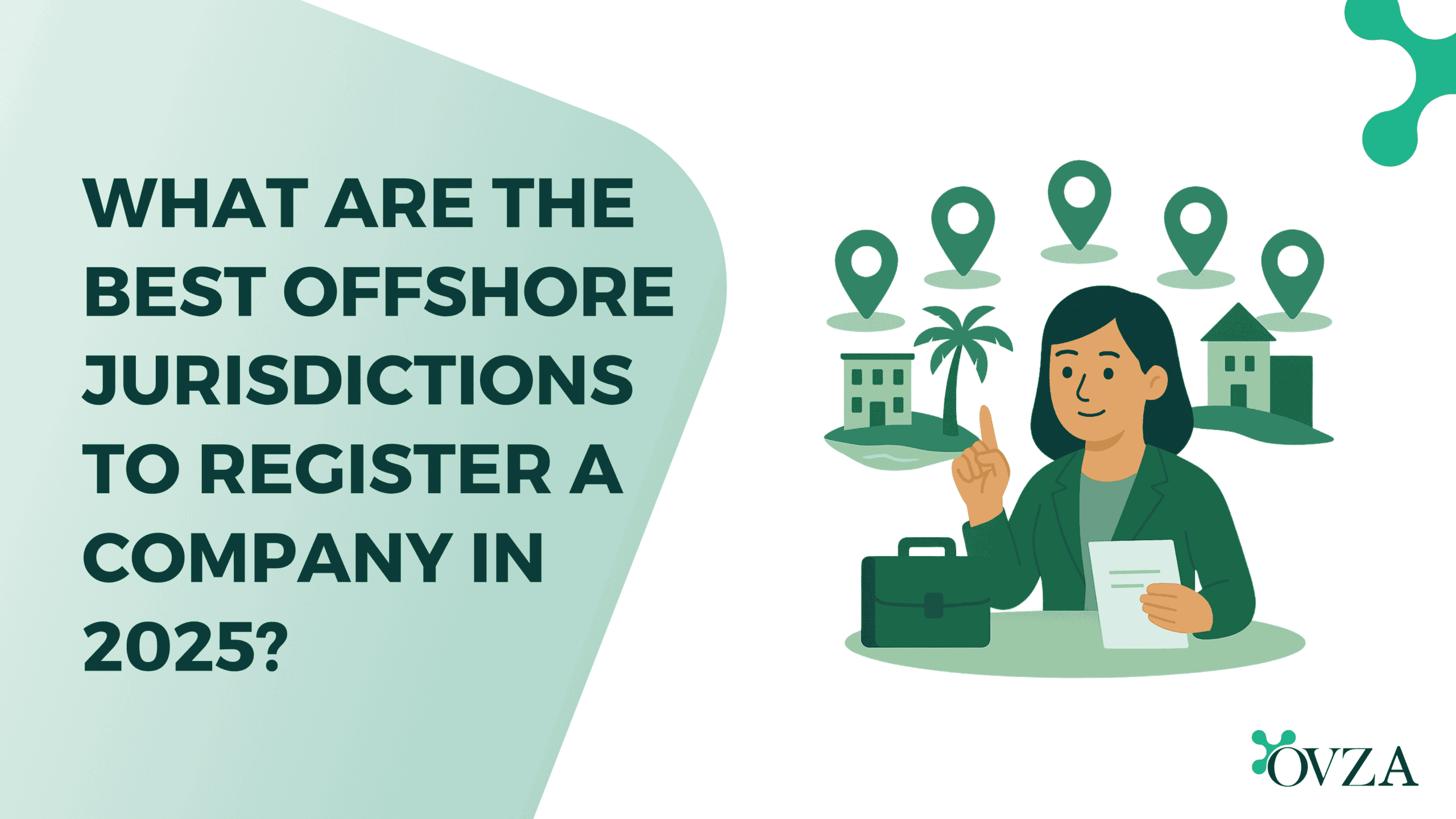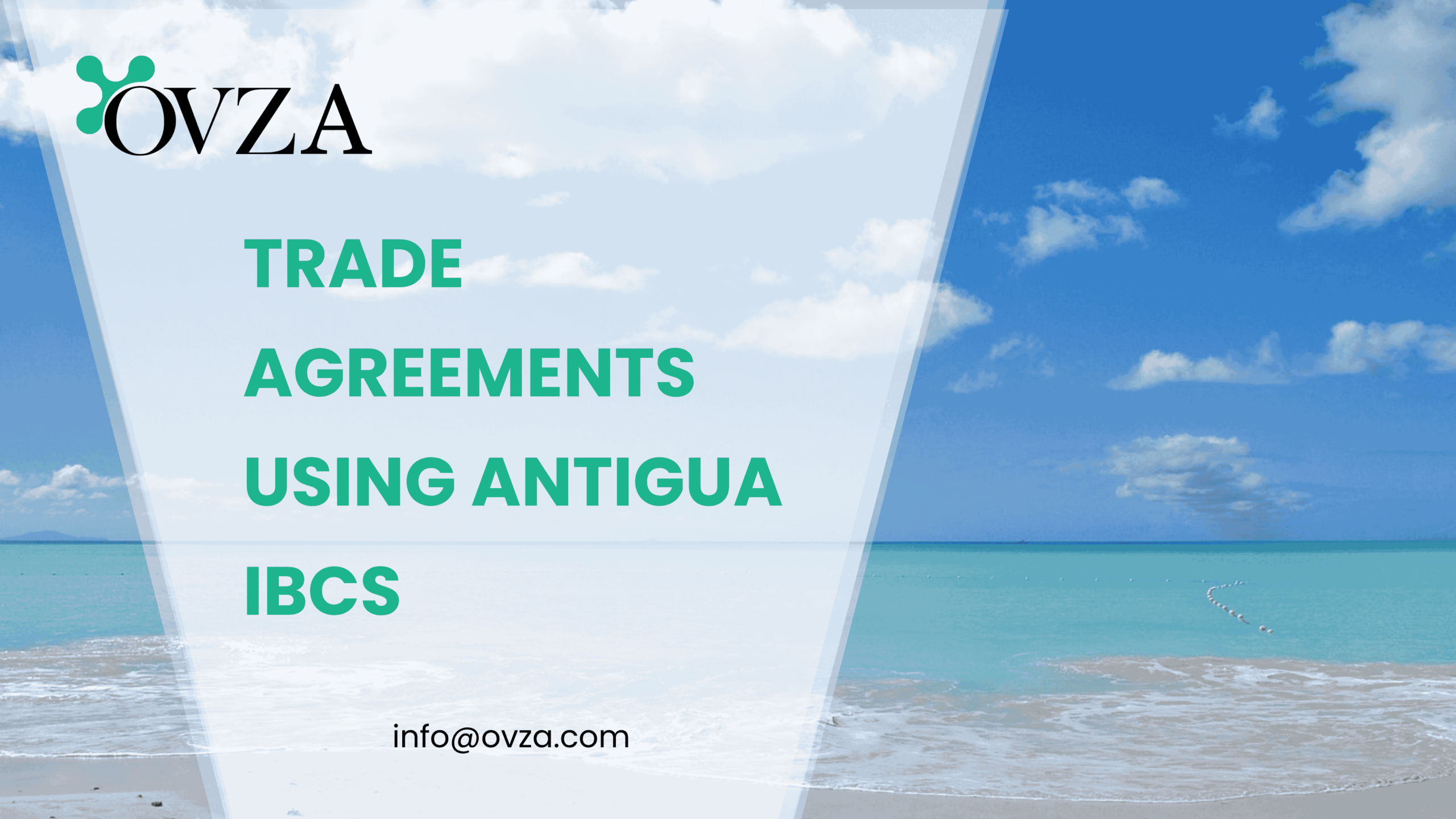Selecting the best offshore jurisdictions for company formation is a decision rooted not only in tax advantages but also in legal certainty and regulatory stability. While many articles offer superficial overviews, a deeper understanding requires examining the legislative frameworks that govern offshore entities. This ensures compliance, predictability, and the ability to leverage favorable laws for international trade, asset protection, and investment structuring.
In academic and professional discourse, the concept of the best offshore countries is not static; it evolves as jurisdictions update their corporate statutes to remain competitive in a global market shaped by transparency initiatives such as FATCA, CRS, and OECD recommendations. Against this backdrop, some Caribbean and Latin American jurisdictions stand out for their sophisticated offshore laws that balance investor needs with international obligations.
Among them are St. Lucia, Antigua and Barbuda, Costa Rica, Belize, and Nevis, each with distinctive legal traditions that inform their offshore company regimes.
St. Lucia; the Most Modern Modern Legal Framework
St. Lucia has emerged in recent years as one of the best offshore jurisdictions due to its progressive legislative reforms. The country operates under the International Business Companies Act (IBC Act) of 1999, which was substantially modernized to align with global compliance standards while retaining core benefits that attract investors.
From a legal perspective, the St. Lucia IBC is notable for its flexibility. It allows companies to engage in a wide range of activities, including international trade, holding structures, and intellectual property management. Importantly, the law permits companies to be incorporated with a single shareholder and a single director, both of whom may be non-residents. This minimalistic governance requirement reflects the jurisdiction’s intent to lower barriers for international investors.
The IBC Act also provides robust confidentiality provisions. Although St. Lucia adheres to international reporting standards under the OECD framework, information such as shareholder details is not available to the public, which balances privacy with regulatory oversight.
Another key point is taxation. St. Lucia offers a zero-tax regime on offshore income, positioning itself among the best offshore countries for tax efficiency. However, unlike the older offshore laws of other Caribbean jurisdictions, the St. Lucian model was drafted with anti-avoidance measures in mind. Scholars often highlight that this anticipatory legislative technique gives St. Lucia an edge by preventing reputational risks that could arise from being labeled non-compliant by international bodies.
For investors, the appeal lies not only in the favorable tax climate but also in the island’s reputation for legal certainty.
Courts in St. Lucia, influenced by both common law and civil law traditions, offer a hybrid legal system that ensures greater predictability in dispute resolution, further cementing its place as one of the best offshore jurisdictions today.
Antigua and Barbuda, the Most Resilient Offshore Companies Under its IBC Act
Antigua and Barbuda has long been considered one of the best offshore jurisdictions in the Caribbean, owing largely to its comprehensive International Business Corporations Act (IBC Act) of 1982. This statute laid the foundation for the country’s offshore sector and has been refined over the years to remain competitive and compliant with evolving international standards.
The Antiguan IBC framework is legally structured to offer investors broad freedoms. Offshore corporations can be incorporated quickly, with minimal capital requirements and the ability to issue shares in different classes.
Directors and shareholders need not be residents, and meetings may be conducted anywhere in the world. From a governance perspective, this flexibility appeals to international entrepreneurs who seek efficiency without unnecessary administrative burdens.
From an academic standpoint, Antigua’s offshore model reflects the first wave of Caribbean offshore legislation, which emphasized corporate privacy and operational simplicity. While confidentiality remains a cornerstone, shareholder registers are not publicly accessible, the jurisdiction has adapted to OECD and FATF requirements, particularly regarding anti-money laundering protocols. This evolution underscores Antigua’s transition from a “traditional tax haven” toward a modernized offshore hub.
Taxation remains favorable: IBCs are exempt from local income tax, withholding tax, and capital gains tax on offshore income. Combined with English common law foundations, Antigua and Barbuda’s legal environment offers investors a jurisdiction that balances privacy with international credibility, reinforcing its position among the best offshore countries for corporate structuring.
Costa Rica; the Strongest Civil Law
Costa Rica presents a different legal tradition compared to many Caribbean jurisdictions. As a civil law jurisdiction, its offshore company framework is rooted in its Commercial Code rather than a standalone IBC Act.
What distinguishes Costa Rica as one of the best offshore jurisdictions is its territorial tax system. Under this model, only income earned within Costa Rica is subject to taxation, while foreign-sourced income remains untaxed. This principle, enshrined in Costa Rican tax law, makes the country highly attractive for businesses engaging in international trade, holding investments, or managing cross-border operations.
From a legal perspective, Costa Rica’s offshore model does not rely on secrecy in the same manner as some Caribbean jurisdictions. Instead, it emphasizes neutrality: companies incorporated in Costa Rica enjoy tax efficiency for foreign income but are simultaneously viewed as legitimate actors within international compliance frameworks. This has been discussed in legal scholarship as a “second-generation offshore model” that prioritizes global acceptability while still offering meaningful fiscal benefits.
The Costa Rican system does impose more administrative requirements compared to pure IBC jurisdictions, such as mandatory corporate books and the appointment of at least three directors. However, this formality has an upside: companies incorporated here are often seen as more substantive in nature, which may aid in banking and cross-border compliance. These characteristics contribute to Costa Rica’s recognition as one of the best offshore countries for investors who want tax neutrality without the reputational risks associated with older offshore regimes.
Belize; the Most Compact Offshore Company Law
Belize has long positioned itself as one of the best offshore jurisdictions, with its offshore sector historically centered on the International Business Companies Act of 1990. This statute created one of the most straightforward frameworks for incorporation in the Caribbean, emphasizing speed, simplicity, and confidentiality.
From a legal perspective, Belizean IBCs are exempt from local taxes on offshore income, capital gains, and dividends. The law permits incorporation with a single shareholder and director, neither of whom need to be residents. This flexibility, combined with minimal reporting requirements, contributed to Belize’s rapid rise as a favored destination for entrepreneurs seeking ease of operation.
In recent years, however, Belize has undergone significant reform to align with OECD and FATF expectations. Amendments introduced between 2018 and 2022 modernized the IBC framework by abolishing bearer shares, enhancing anti-money laundering controls, and implementing stricter accounting standards. Legal scholars often describe this transition as Belize’s movement from a “traditional tax haven” model to a compliance-driven offshore hub.
Despite these changes, Belize remains one of the best offshore countries because it retains its low-cost, efficient incorporation system while enhancing international credibility. For clients who value both tax neutrality and speed of formation, Belize continues to be an attractive jurisdiction.
Nevis; the Strongest Asset Protection
Nevis, part of the Federation of St. Kitts and Nevis, has developed a reputation as one of the best offshore jurisdictions due to its robust legal protections and specialized company structures. The cornerstone of its offshore sector is the Nevis Business Corporation Ordinance (NBCO) and, more significantly, the Nevis Limited Liability Company Ordinance (NLLCO) of 1995, modeled closely on U.S. LLC law but enhanced for asset protection.
From a legal standpoint, Nevis offers two main vehicles: International Business Corporations (IBCs) and Limited Liability Companies (LLCs). The Nevis LLC is particularly attractive because it provides charging order protection, meaning that creditors of a member cannot seize the LLC’s assets directly but are limited to distributions. This makes Nevis LLCs highly regarded in academic commentary as one of the strongest legal tools for asset protection worldwide.
In terms of confidentiality, Nevis does not require public disclosure of shareholders, members, or directors. This aligns with its long-standing policy of safeguarding privacy while still adhering to international AML and FATF compliance frameworks. In practice, this makes Nevis attractive for investors who require both discretion and security.
Taxation follows the offshore model: Nevis entities are exempt from local income tax on offshore profits, capital gains, and dividends. Combined with the island’s stable common law system and efficient courts, Nevis ranks among the best offshore countries for clients focused on wealth preservation and international structuring.
Scholars often highlight Nevis as an example of “defensive offshore law.” While other jurisdictions emphasize tax neutrality or business flexibility, Nevis is academically recognized for prioritizing asset protection. This legal identity has positioned the island as a premier choice for individuals and businesses seeking long-term security in their offshore structures.
Conclusion
When assessing the best offshore jurisdictions, six stand out for their strong legal frameworks and investor advantages: St. Lucia, Antigua and Barbuda, Costa Rica, Panama, Belize, and Nevis. Each of these best offshore countries offers unique strengths, from modern IBC laws and territorial tax regimes to world-class asset protection statutes.
Together, they illustrate how offshore company law continues to evolve to meet both international compliance standards and the needs of global investors.
Disclaimer: The information provided on this website is intended for general reference and educational purposes only. While OVZA makes every effort to ensure accuracy and timeliness, the content should not be considered legal, financial, or tax advice.










